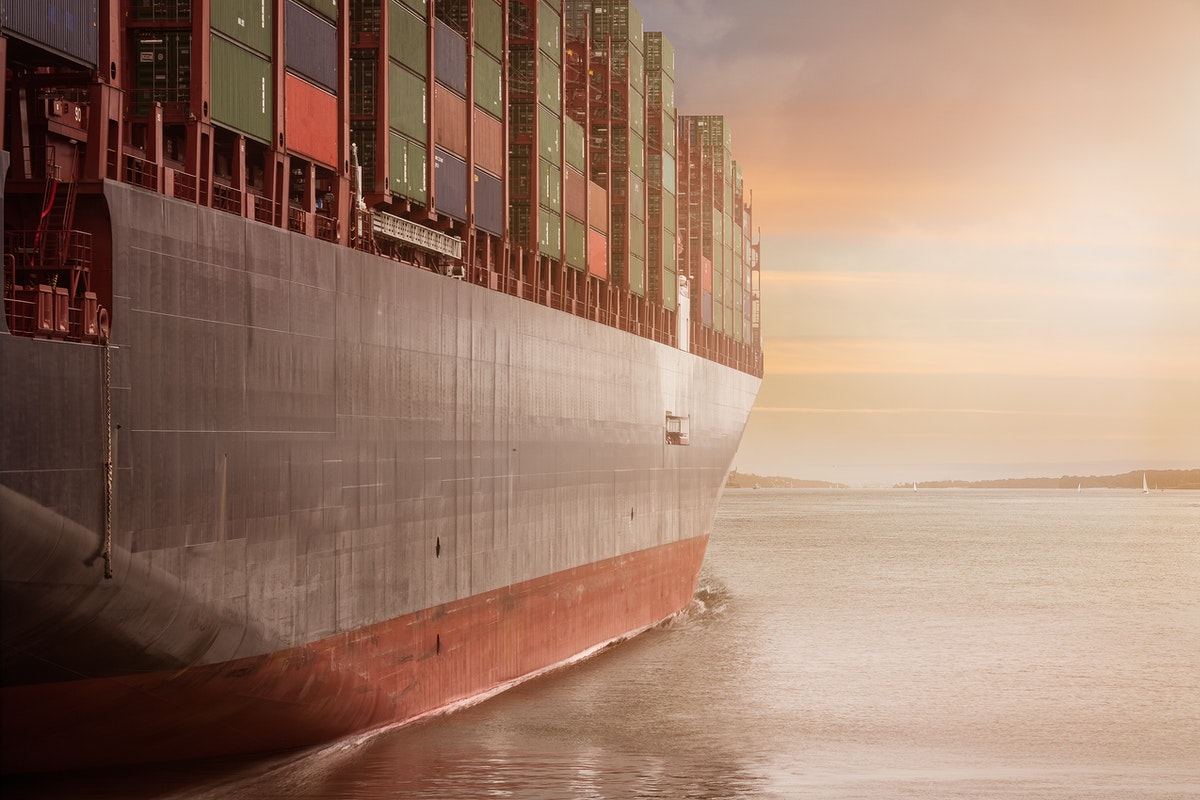Today, the ever-growing popularity of online shopping gave way for the shipping industry to grow. Adding to that are the effects of the quarantine restrictions that were put in place during the COVID-19 pandemic. Thus, people didn’t just enjoy the convenience of online shopping. They badly needed it. So, now, they can simply order their grocery essentials inside the comforts of their homes. And then, they’ll just have to wait for the order to be delivered on their doorsteps. But, today, they can also order more than that. Even major purchases such as cars can be brought to us. Many shipping personnel has mastered this service, so they can do it in their sleep without making any car shipping mistakes.
Because of the rising demand for shipping services, many individuals have become interested in starting their own shipping business. But the first step in doing so is knowing the laws that surround the industry. It is, after all, very easy to break laws if we don’t know what they are. These are some of the obscure laws around the world that every shipping business owner should know about.
Shipping Shoes in Mexico
Shoes are among the fashion items that are mostly bought online and shipped to consumers. In 2021, experts even predict that online shoe sales across the United States will reach $21.4 billion. They also found that, from 2016 to 2021, online shoe sales had an annual growth of about 9 percent. Because of these high numbers of shoes sold through the internet, it’s surprising that there are countries around the world that have obscure laws about shipping them.
Mexico is one of those countries. The government of Mexico has declared that people from other countries cannot ship a pair of matching shoes to the country. This law is created and passed to support the local manufacturers and retailers of shoes. This makes the law understandable, in a way. It is about helping the local shoe industry thrive. But it’s still odd that we can’t ship some popular brands of shoes to the country.
Shipping Cooking and Dining Objects to Nigeria

Of all the things that governments would ban to be imported to their countries, toothpicks wouldn’t be on top of most people’s lists. They are just harmless sticks of wood that would remove bits and pieces of food stuck in between our teeth. People don’t even think about it at all. But, apparently, Nigeria did.
Back in 2015, toothpicks were among the long list of items that were banned to be imported to the country. During that time, Nigeria was going through a foreign exchange crisis. In response, the Central Bank of Nigeria (CBN) had forbidden the imports of toothpicks from foreign countries. Apart from that, they also banned other essentials for cooking and dining. Imports of glassware, tableware, and kitchen utensils are no longer allowed.
Apart from the cooking and dining objects, imports of odd things such as wheelbarrows, soap and cosmetics, and tomatoes or tomato pastes are banned in Nigeria.
Shipping Artificial Sweeteners to France
For many of us, artificial sweeteners such as Sweet and Low and Necta Sweet are the best (and possibly only) things that can sweeten our tea and coffee. But artificial sweeteners or saccharin don’t have the best history. It started as a lab accident. But when it drew people’s attention, it became a sort of a wonder drug. And then, experts have found out that it can also be a carcinogen. It’s a dangerous substance that can lead to the formation of cancer.
Because of its dark reputation, it’s no wonder that countries such as France have prohibited the use of artificial sweeteners in the country. Even as early as 1902, the French government. Apart from the health risks, the legislators also stated that the ban would help promote the local sugar industry.
It’s clear that even today the French government is not in favor of the use of artificial sweeteners. It’s strictly prohibited to import saccharine in tablets or packets in France, including Corsica and Monaco. This law isn’t unique to France, though. Other countries such as Brazil, Greece, and Spain also have laws that prohibit the importation of artificial sweeteners to their countries.
These shipping laws may be too obscure. But they’re implemented for a reason by the governments of other countries. So it’s very crucial for business owners to be familiar with such laws before their joining the shipping industry. This way, they will know perfectly well which are the products that they can successfully bring to other countries without any repercussions from the authorities of foreign countries.

